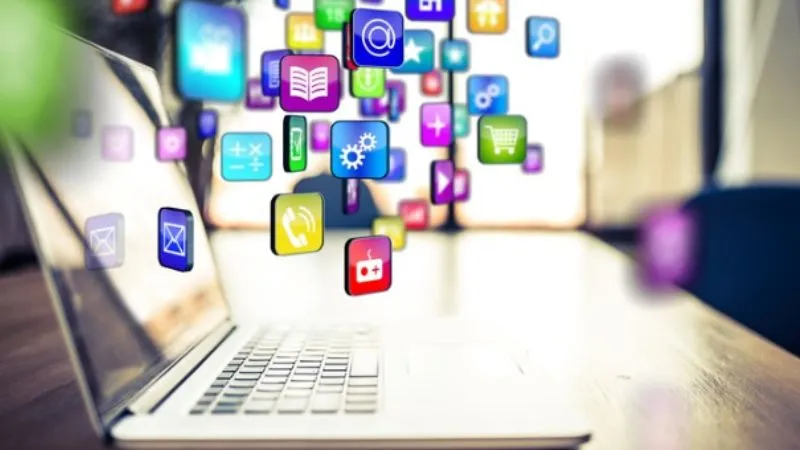Media Literacy refers to the ability to be able to critically assess what content is true, credible, and reliable while surfing diversified content on social media. It is a skill which should be honed by all the media consumers today. But does it affect us? Reading this article, you may be thinking about how media literacy plays an important role in today's world and why one should care if the content is true, reliable or credible. Here are the answers to highlight how important media literacy is for all of us:
1. Save you from fake news
In this digital era, while scrolling on Instagram, all we do is share, we have forgotten to verify. We share everything forgetting the consequences it could bring to society if it gets widespread. At times, there is a lot of fake news being disseminated just to spread hatred in society, from political to religious, people spread a lot of fake news to make their side superior and the other inferior. This, undoubtedly, leads to riots and chaos in the country which are happening every other day.
2. Understand media biases
Being media literate helps you understand if the media organization or the particular person is biased and favouring one side rather than clearly stating the opinions of both sides. Sometimes, the person who is spreading the information favours a particular ideology and wants everybody to follow the same ideology hence whatever information is disseminated by them is often biased rather being neutral.
3. Stop the dissemination of rumours
Only if the percentage of media literates increases in society, we won’t have to face so many rumours and then share a post clearing all of them. If we knew how to critically analyse what we see or hear, there would be no conflicts or fights on the internet.
4. Save you from trolls
Many a time, many people face trolls and negative comments because of how some people or some organisations have portrayed them on social media. People photoshop the videos and images of the personalities they don’t like and spread them. But only if you’re media literate, you know if you should believe in everything you see.
How to be a media literate?
- First and foremost, you need to be a responsible content creator, you should know what to post online or what to forward to another person. The one step that you may take today might save someone’s life tomorrow.
- Then, you need to remember that forwarding everything is not necessary and you should be very careful in what you forward or promote.
- You also need to question what you see. You need to fact-check and cross-verify what you read. Rely on official websites of the government or related to rather than any unofficial source.
- Raise awareness about fact-checking the news to the people you know.
Media literacy has become such a vital part of our lives, all thanks to social media! The way we all are so addicted to our social media handles, it’s going to change how the world looks in a few years and for that, we need to be ready.
Individuals who are media literate can actually understand the strategies and counteract false persuasive information. This will lead to a more aware, peaceful and media-literate nation.
